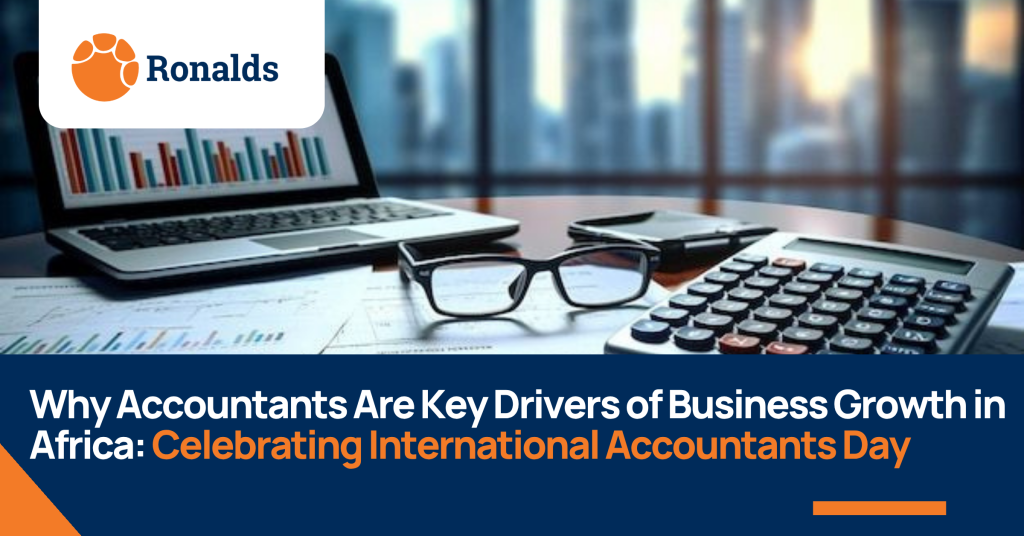Understanding IFRS 9: A New Era for Financial Instruments and Risk Management
Introduction
The dynamic world of financial reporting continues to evolve, with International Financial Reporting Standards (IFRS) at the forefront of that transformation. Among the most significant standards reshaping how companies handle financial instruments is IFRS 9. This standard replaces the old IAS 39, streamlining classification, measurement, and impairment of financial assets and liabilities. But what does that really mean for your business or institution? Let’s break it down.
IFRS 9 at a Glance
Effective since January 1, 2018, IFRS 9 was introduced to address the limitations of its predecessor, IAS 39. The standard aims to make financial reporting more transparent, timely, and relevant—especially concerning how financial institutions manage risk.
Key components of IFRS 9 include:
- Classification and Measurement
- Impairment (Expected Credit Loss model)
- Hedge Accounting
From IAS 39 to IFRS 9: What Changed?
- Classification and Measurement
IFRS 9 moves away from the complex rule-based categories of IAS 39 (like “held-to-maturity” and “available-for-sale”) and introduces a principles-based approach:- Amortized Cost
- Fair Value Through Other Comprehensive Income (FVOCI)
- Fair Value Through Profit or Loss (FVTPL)
- The business model for managing the financial asset.
- The nature of the asset’s cash flows (whether they are solely payments of principal and interest — SPPI).
- Impairment – The Expected Credit Loss (ECL) Model
Unlike the incurred loss model of IAS 39, IFRS 9 mandates a forward-looking approach. Entities must now recognize:- 12-month ECLs for performing assets.
- Lifetime ECLs for assets showing significant credit deterioration.
- Hedge Accounting Improvements
IFRS 9 aims to align hedge accounting with actual risk management strategies, offering greater flexibility and enabling more meaningful risk reporting.
Practical Examples in Action
Consider a company holding government bonds:
- If the intent is purely to collect interest and principal, the bonds fall under Amortized Cost.
- If there’s a likelihood the bonds will be sold before maturity, they might fit under FVOCI.
Or think of a loan with no interest and payable on demand—while it may seem unconventional, IFRS 9 still allows it under the SPPI test, depending on its contractual cash flows.
The Impairment Model: Simplified vs. General Approach
- Simplified Approach: Primarily for trade receivables, using historical loss rates adjusted for current and future expectations.
- General Approach: A more granular, three-stage model for recognizing credit losses based on the level of credit risk.
For example, a Sacco using IFRS 9 might increase its credit loss allowance based on economic downturns forecasted to impact member repayments. It ensures proactive financial protection against potential defaults.
IFRS 9 Implementation: Challenges and Opportunities
Adopting IFRS 9 is not without challenges:
- Data collection and modeling require significant upgrades.
- Integration with risk and finance systems can be complex.
- Staff must be retrained to understand new classifications and impairment logic.
How Ronalds LLP Can Help
At Ronalds LLP, we provide strategic guidance on IFRS 9 implementation—from system integration and data modeling to staff training and external audit support. Our goal is to ensure that your transition is seamless and that your reporting reflects accurate, timely, and decision-useful information.
Conclusion
IFRS 9 is more than just an accounting standard—it is a strategic tool that equips businesses with the foresight to manage credit risk better and improve transparency. For financial institutions, Saccos, and corporates alike, mastering this standard is essential to staying compliant and competitive in an increasingly risk-conscious world.
Get in Touch
Need expert advice or support on IFRS 9 implementation?
📧 info@ronalds.co.ke
📞 +254 717 558 212 | www.ronalds.co.ke
Let’s future-proof your financial reporting together.



